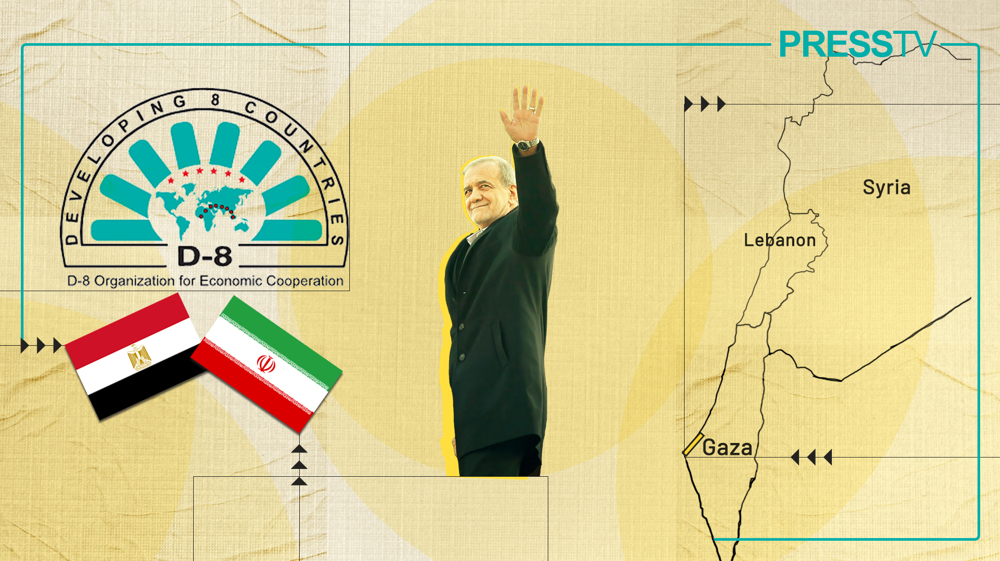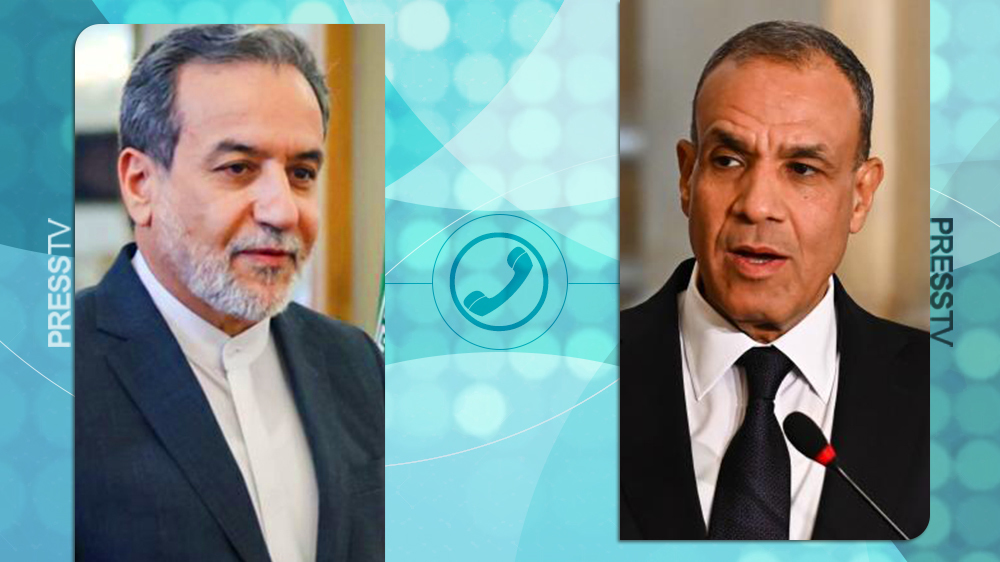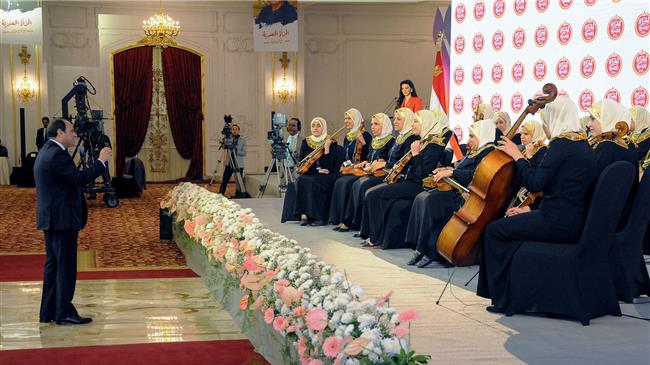Egyptians head to polls; Sisi, facing little contest, urges big turnout
Egyptians begin voting in a highly-contentious presidential election, with incumbent Abel Fattah el-Sisi almost certain to glide to victory after his military-backed administration either jailed or scared off all serious contenders.
Polling stations opened at 0700 GMT on Monday for a three-day vote under tight security measures across the country.
Some 60 million people are eligible to vote and official results are expected to be released on April 2.
Voters are choosing between Sisi and his sole challenger, Moussa Mostafa Moussa, a vocal supporter of the army-chief-turned-president.
In the months leading up to the vote, six presidential hopefuls either ended up behind bars or dropped out citing obstacles to registering and harassment by state security services.

Sisi’s most serious potential rival, ex-general Sami Annan, was arrested by the Egyptian military just days after he announced his bid on charges of breaching army regulations.
After all the candidates were thrown out, little-known politician Moussa, who had been leading Sisi’s election campaign, suddenly announced he would be running right before the registration deadline expired.
Many observers view Moussa as a “puppet” whose bid is merely meant to lend color to the “show,” and prevent the presidential election from becoming a one-man race or a referendum on Sisi’s rule.
Moussa, however, dismissed the allegations, trying hard to make the case that he is not the strongman’s minion.
“I’m entering to win and get more than 50 percent of the votes, but I don’t know what the results will be,” said Moussa, the leader of Egypt’s Ghad Party.
63-year-old Sisi has also said the lack of serious opponents was not his doing. “I wish we had one, or two, or three, or 10 of the best people and you choose however you want,” he said in an interview last week.
The electoral commission also said it will ensure the vote is fair and transparent.
The vote comes amid widespread opposition calls for a boycott of what is being called a farcical election and an “absurdity bordering on madness.”
Sisi came to power in 2014, a year after he led the military to oust Egypt’s first competitively-elected president Mohamed Morsi in a coup.
Neither of the candidates has had many campaigning events. Both have, instead, called for a big turnout in the election.
The president has repeatedly stressed the importance of voters turning out in large numbers.
Egyptian officials have been making special efforts to encourage voter participation. Buses have been driving through the streets of Cairo and playing songs to urge people to turn out and vote.
Highlights of Sisi’s performance
Egypt still faces huge challenges some seven years into the revolution that ended three decades of Hosni Mubarak's rule.
Over the past years, Sisi’s popularity has been in decline amid an economic crisis and price hikes.
An editorial in state-owned newspaper Ahram, meanwhile, suggests, “The importance of presidential elections this time is not fierce competition or a real (electoral) battle, but a message to the world that Egypt is on its way through a recovery phase.”
Besides the economic woes, Egypt faces yet another great challenge: the deadly Daesh-inspired militancy in the northern Sinai Province.
Sinai has been the hotbed of militancy in Egypt since the coup in the summer of 2013. The terrorists have killed hundreds of soldiers, policemen and civilians in the peninsula and elsewhere in the country.
Sisi, who had initially vowed to eliminate terrorism, has failed to fulfill his pledge to this day. Just last November, Daesh-affiliated militants targeted a mosque in Sinai and killed over 300 people -- the deadliest attack in Egypt’s recent history.
Sisi’s term has also seen a heavy-handed crackdown on opposition members and supporters of Morsi’s banned Muslim Brotherhood movement.
Rights groups say the army’s crackdown on Morsi's supporters has resulted in the deaths of over 1,400 people. About 22,000 others have been arrested, including some 200 people who have been sentenced to death in mass trials.
The president also caused intense criticism and controversy at home in April 2016 by handing over the strategic Tiran and Sanafir islands in the Red Sea to Saudi Arabia, in a move interpreted as his government's obedience to the Riyadh regime.
Sisi’s government has also been part of the Saudi-led coalition that has killed some 14,000 Yemeni people since the start of the war three years ago.
American warplane downed after Yemeni attacks 'baffled' US air defense: Ansarullah
VIDEO | Yemenis praise the military for its successful operations against Israel
VIDEO | Israel continues to bomb Gaza homes
VIDEO | An insider's view of the country: Meybod City in Yazd
‘All wars have rules. All of those rules have been broken’ by Israel
VIDEO | Report flags India’s violation of rights of Rohingya detainees
Turkey's foreign minister meets Syria's de facto leader in Damascus
VIDEO | US Syria plots














 This makes it easy to access the Press TV website
This makes it easy to access the Press TV website